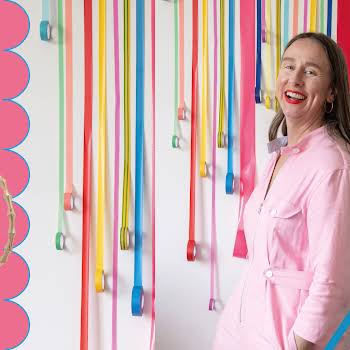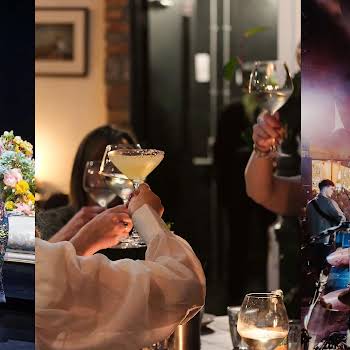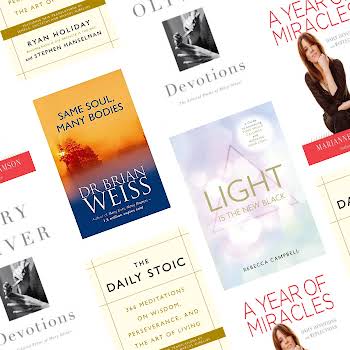
By Jennifer McShane
13th Jul 2017
13th Jul 2017
How often do we wait in anticipation for our favourite novels to get a big-screen adaptation only to be sorry we ever viewed them? Yes, some movies can be better than their source material?(Fight Club being this writer’s favourite example), but they usually come up short, opting for stylised visuals and plot twists solely intent on driving the film forward rather than showcasing a character’s depth or sense of self. ?Much more could be added to this list, but below are five books of choice that Hollywood should have left well alone.
Lolita by Vladamir Nabokov

Lolita?is one of those books where its greatness is almost entirely dependent on the particular literary gifts of its author and the beguiling voice of its unreliable narrator. This is why it remains a literary masterpiece; yes, the subject matter is uncomfortable but such is the quality of the writing it refrains from being overly creepy or distasteful. In terms of film, a few respectable adaptations have been made, and Kubrick’s loose take on the novel is widely considered a’solid effort, but every big-screen effort lacks the dark humour and essential?backstory so present in the book and?Humbert, who the reader can’t help but see as a tragic figure, never comes across as such on film.
Emma by Jane Austen

This 1996 adaptation, which helped launch Gwyneth Paltrow to superstardom, is, at best, polite and visually very pleasing but essentially unforgettable. The energy, wit, and enormous heart of Austen’s voice are what make this book a classic, and sadly, the film is devoid of all this. It has been updated?eight times, six times for television and two for a feature film, but it’s widely agreed that no adaptation has done the original novel justice.
The Time Traveler’s Wife by?Audrey Niffenegger

Henry DeTamble is a time traveller, although not by choice. A genetic mutation causes him to spontaneously travel through time, disappearing from view, leaving behind his clothes and possessions, and arriving naked in another time and another place. This is the basis of Niffenegger’s remarkable debut novel. It’s?a love story as opposed to science fiction and beautifully written; the time travel is seamless and believable?throughout, so much so that it never once seems far-fetched. The big qualm with the film adaptation was that the connection between the Clare and Henry that is paramount in the book is absent in the film; the emotional undercurrents just aren’t there and therefore, the viewer doesn’t invest in them.
The Lovely Bones by?Alice Sebold

This was Sebold’s first novel, and it remains her most successful. The Lovely Bones, with its posthumous narrator telling the story of her brutal rape and murder and the subsequent?aftermath?of both?tragic events, isn’t exactly a light read,?it is completely compelling. The reader is given infinite time and detail in which to bond with each character?- all of whom play a central part in the story – and that is what the film lacks; time. Everything feels rushed in an attempt to get the main details to the big screen and in doing so,?the reader doesn’t engage or empathise with the characters.?It’s a wasted adaptation of a wonderful novel.
Flowers in the Attic by?V.C. Andrews

This was made into a film in 1992 featuring many unknown actors and a TV show aired last year. Stay well away from both as neither successfully conveyed the truly haunting story of children who live their twilight years in an attic. ?V.C Andrews is a master storyteller; she makes an unrealistic storyline feel utterly real and incredibly terrifying – this is no attic, but a prison in which they may never escape. The film is less compelling, the characters (particularly?the mother) are too bland to be convincing. ?The entire Flowers trilogy makes for sublime reading, so add it to your reading lists.
Which of your favourite books have we left out?























